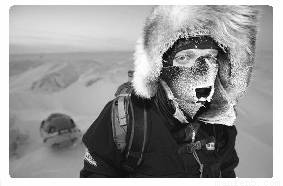0 135217 135225 135231 135235 135241 135243 135247 135253 135255 135261 135267 135271 135273 135277 135283 135285 135291 135295 135297 135301 135303 135307 135309 135311 135312 135313 135315 135316 135317 135319 135321 135325 135327 135331 135333 135337 135343 135345 135351 135355 135357 135361 135367 135373 135375 135381 135385 135387 135393 135397 135403 135411 151629
